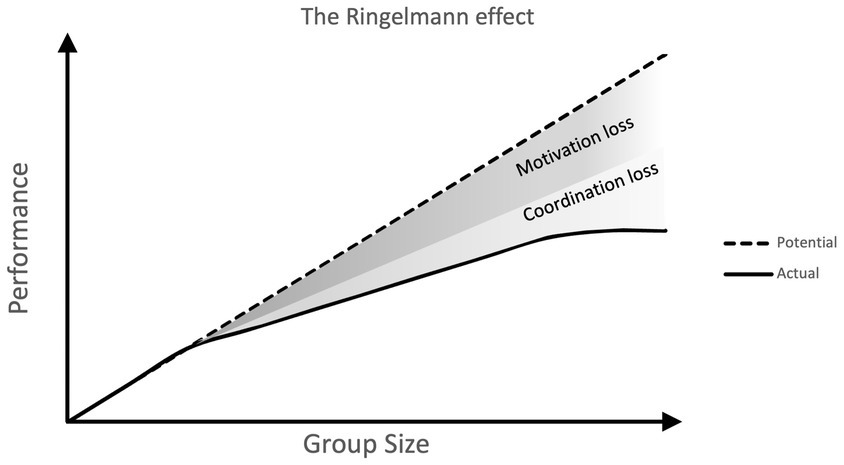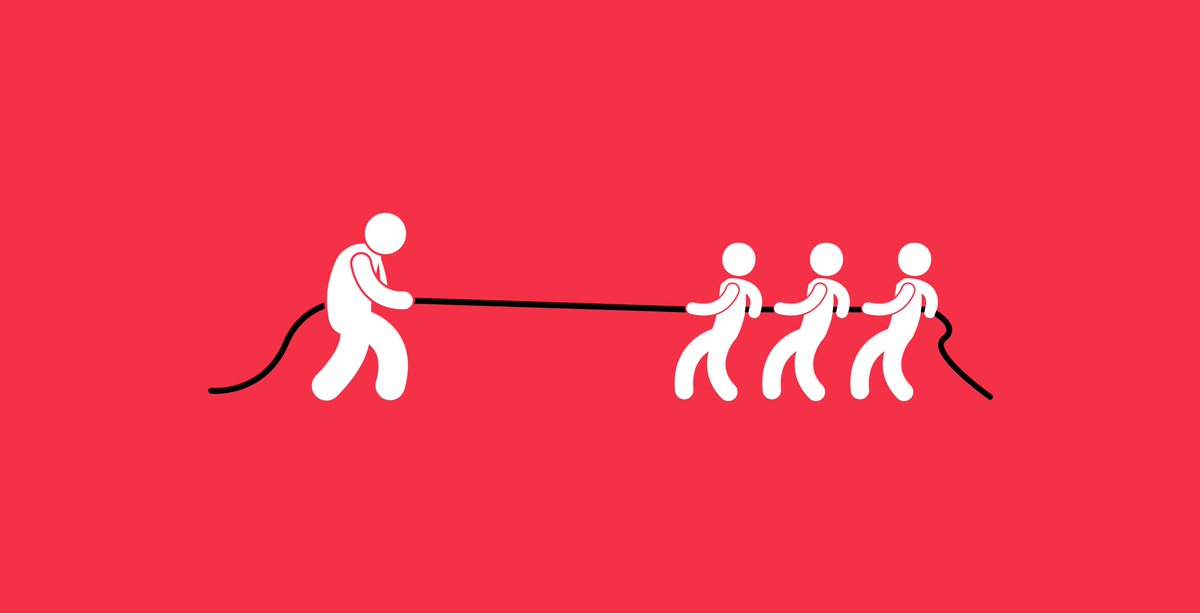We tend to think that more is better, at least for most things. However, when it comes to working, it might seem obvious that more people working may increase overall efficiency & productivity. Especially if the task or the mission requires multiple assignees, people try to recruit more for adequate results. Nonetheless, some disagree due to ignorance of the fundamentals of a working environment. These fundamentals are what impact the quality of the outcome product or service. Ignorance of these may lead to chaos during production. What are the “fundamentals”, and how do they influence production and output?
In 1913, Max Ringelmann, an agricultural engineer, requested some people to have a duel tug-of-war. Next, he asked groups of the same people to repeat. He observed that in groups, individual performance or effort decreases significantly. This effect is called the Ringelmann effect, and researchers have proven this with many psychological studies. There are several possible causes which depend on the circumstances.

Social Loafing
The most common one is named “social loafing”. It suggests that people usually tend to do less work. Because of their work compounds, they believe their loss of individual productivity won’t change the overall productivity. When most people think that way, the results are catastrophic.
Less Personal Responsibility
Similar to social loafing, we understand this by imagining a situation. Let’s say that a large team is brainstorming. Some may not even speak because most others are already, and they don’t feel pressure to contribute. They think that others’ work compensates for their absence.
Coordination Loss
Because larger teams require more organization, particularly ones that have dependent subteams to each other, coordination loss is common. A simple overdue task can cause a chain of reactions and annihilate productivity. For instance, when we go back to tug-of-war, if a competitor on a team loses tension on the rope, the whole team will suffer a possible defeat.
More Competition
Large teams usually consist of substantial competitiveness, which can lead to demotivation. “If there is already much competition, why even try?” they say.

The Potential vs Actual Outcome
In every aspect of our lives, things may not go in our favor, specifically if they are bound to many dynamic factors.
Nevertheless, all these problems aren’t unsolvable. If the individuals are aware of their contribution, no matter the size of the individual’s crew, the team will be more productive because only personal perceiving causes these issues.
Source: https://qz.com/848267/the-ringelmann-effect-productivity-increases-when-youre-working-solo-rather-than-on-a-team#:~:text=We%20call%20it%20“the%20Ringelmann,a%20century%20after%20Ringelmann%27s%20discovery.

